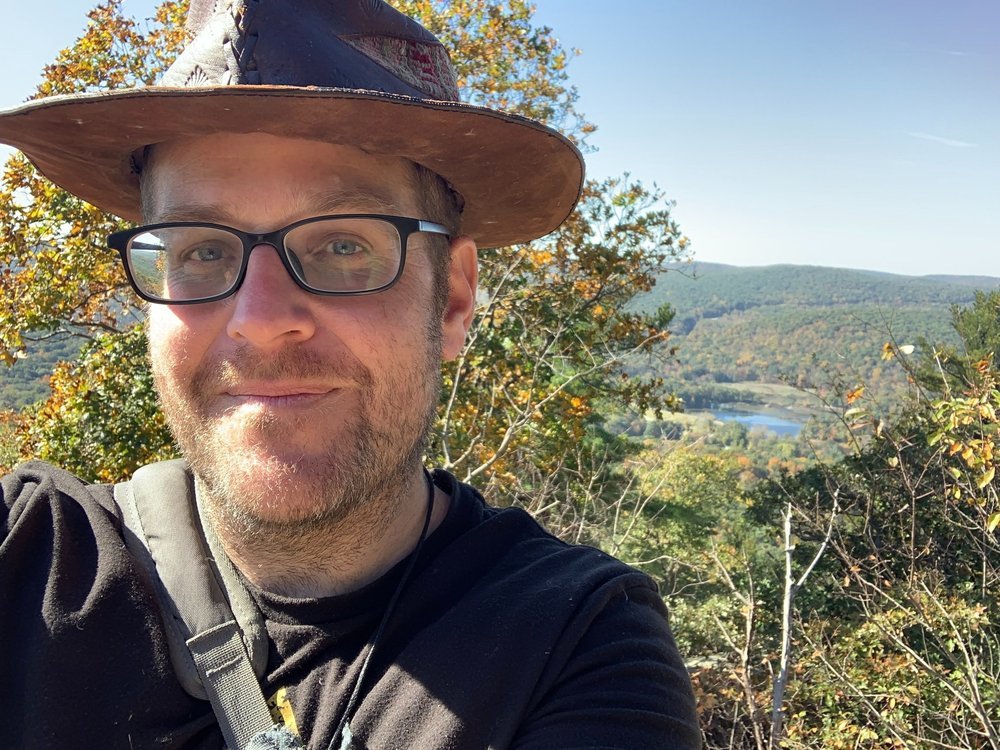Celebrating Black History Month and the Black Panther's role in the popularization of acupuncture in the US
Hi Everyone!
Did you know that the roots of our Open Acupuncture (affordable group acupuncture program) stems directly from the work of The Black Panthers and other activist groups in the early 1970’s?
Black History Month is an annual celebration of achievements by African Americans and a time for recognizing their central role in U.S. history. It’s also a time to also get their (our) stories right.
I was not taught the whole history of acupuncture’s popularization in the US when I was in Acupuncture school.
The version I was taught was that in 1971 Nixon went to China, and a reporter traveling with him, James Reston, had to get emergency surgery and was amazed at how effective acupuncture was to help his pain. He wrote “Now, About My Operation in Peking,” published in the New York Times, July 26, 1971. This article sparked the interest that allowed acupuncture to gain a foothold in the states.
It was much later in my career that I learned a FULLER story. What was left out, was the pivotal influence of Lincoln Detox, a free clinic started by the Black Panthers, The Young Lords (a Puerto Rican/Latino activist group) and others in 1970 in response to community needs. They popularized the NADA protocol which has helped countless people out of debilitating conditions since it was introduced, including me!
As a participant in Holistic Medicine in the US, and to celebrate Black History Month, take some time to educate yourself with the following:
The little-known history of acupuncture, racism, and civil rights in America
Learn about Mutulu Shakur & the popularization of the NADA Protocol
Learn about - COINTELPRO (wiki)
Take 10 minutes to watch this:
They say history is written by the victors.
In this time of greater inclusion it is vital for us to get a fuller picture of our history, of “ourstory”.
It is important to pay tribute and honor our ancestors, those who have brought us to where we are today, as best that we can.
And finally it is important to remember that we don’t know what we don’t know, and with this understanding greater compassion for all can be born.

